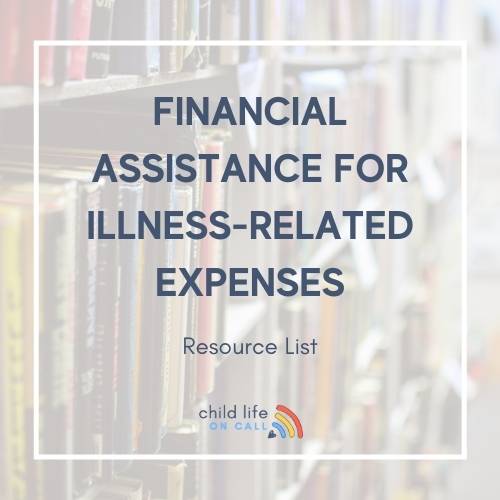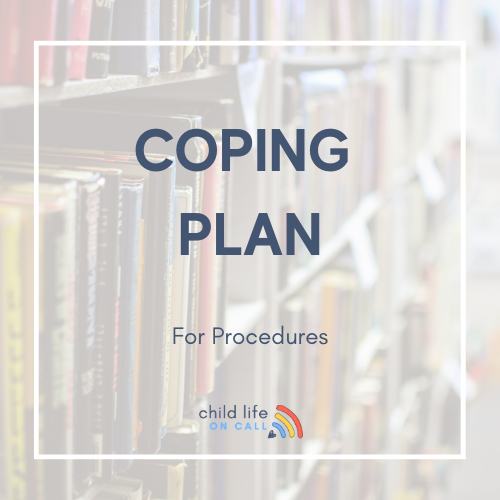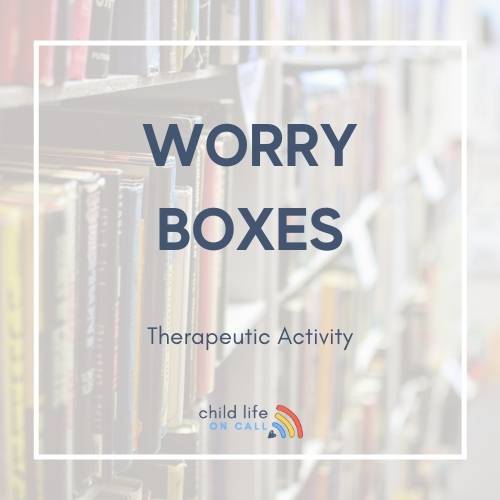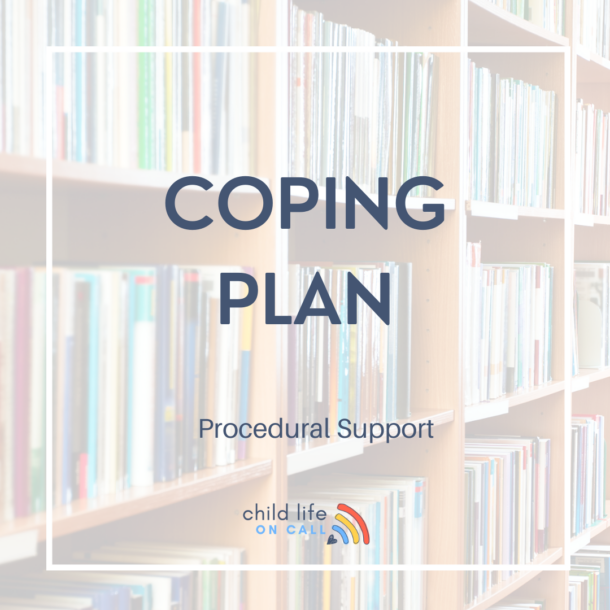As parents, nurses, and healthcare professionals, it is important to ensure our children have the skills they need to cope with stress in a healthy and productive way. Resilience is an essential asset for any child; research shows that resilient children tend to excel in school and are better equipped to function well emotionally as adults. Therefore, providing strategies for building resilience can aid us in creating a happy and healthy childhood for our kids.
A great place to start is by developing a coping plan together with them—a strategy supported by counseling professionals, child life specialists, and child development experts as key components of prevention-oriented approaches. This blog post will provide an overview of how we can create these plans at home or within the professional setting while taking into account tips from experts so that your family members can gain access to all of the support they will need during difficult times.
Why should you do it together?
The modern world of parenting is filled with complex decisions and choices, often requiring input from both medical professionals and parents. For healthcare professionals, providing the best advice for parents can be difficult without a thorough understanding of the emotional dynamics involved in parenting. Similarly, for parents, navigating their own emotional journey while making important decisions for their children can feel overwhelming. Therefore an approach of working together can yield the greatest results.
Child life specialists are trained in acting as a liaison between medical professionals and parents so that both parties have access to the latest research and evidence-based practices. Healthcare teams can use these child life specialists to come up with informed recommendations on how to support their patients; while parents can use them to understand their options better and make decisions that are right for their families.
The Importance of Building Resilience in Children
Building resilience in children is a crucial part of their development and well-being. Resilience can be defined as the capacity to cope with adversity, to adapt positively to changing circumstances, and to bounce back from difficult experiences. It’s important that children learn these skills early on, so they can better handle life’s inevitable challenges—both now and in the future.
The most important thing for parents and healthcare professionals to remember when building resilience in children is that every child is different. What works for one may not work for another, so it’s important to take time to get to know your child and what provides them with comfort. That being said, there are a few foundational pieces of knowledge that can help anyone looking to support a child’s resilience.
It is also beneficial if parents or caregivers model behavior that reflects strength in the face of adversity—such as having open conversations about setbacks or stresses in life—as well as teaching problem-solving skills through activities like brainstorming solutions together or roleplaying scenarios. Finally, encouraging independence by allowing appropriate risks (such as exploring new environments) can further enhance resilience-building efforts over time.
Ultimately, forming healthy relationships with children that are centered around understanding their needs while also equipping them with the necessary tools will go a long way toward fostering resilient little humans capable of bouncing back from any situation!
Developing a Coping Plan Together: Tips from experts on how to create plans at home or professionally
Download our free coping plan template here.
Creating a coping plan together is a great way for parents and healthcare professionals to support children and young adults in managing their mental health. A coping plan can help your child or teen identify the triggers for their mental health issues and know how to respond to them in a healthy way. It can also provide them with guidance on how to build resilience and manage complex emotions.
When developing a coping plan with your child, it’s important to create an atmosphere of safety and trust. Start by talking openly about things that can trigger negative emotions or thoughts and work together to develop strategies for dealing with them.
Discuss the strategies that have worked in the past as well as new ones they may want to try. Ask open-ended questions such as “How do you think this strategy will help?” instead of giving advice or making assumptions. Encourage them to take ownership of the plan so that they feel empowered when putting it into action.
Focus on problem-solving skills rather than simply trying to eliminate symptoms. Rather than telling your child what not to do when feeling overwhelmed, discuss ways they could proactively manage the situation such as taking deep breaths or going for a walk outside. The goal should be for them to find productive ways to cope that are right for them rather than relying on others for comfort or support every time they experience distress.
By developing a comprehensive coping plan together, you’ll be helping your child gain essential skills for managing difficult situations more effectively now and into adulthood.
Identifying Stressful Situations: Recognizing potential sources of stress during procedures
When it comes to managing stress, being able to identify and recognize potential sources of stress in children and teens during hospitalizations is an important step. Stress can come from a variety of sources and can be both physical and emotional.
First, it’s important to consider environmental factors like noise levels, room temperature, lighting, family dynamics, etc., which can all impact a child or teen’s level of comfort and ability to cope. It’s also important to note any physical symptoms such as pain, nausea, or fatigue that can contribute to stress levels. It’s also critical to pay attention to emotional and psychological factors like fear of the unknown, uncertainty about medical results, and feelings of isolation due to being away from family or friends.
It’s helpful for parents to be aware of their own stress levels as well since children often take cues from adults and can mimic their behavior. If parents are feeling overwhelmed by the situation, it’s important to find ways to cope with that so that they can remain calm and supportive of their child or teen. Try talking through the situation with a trusted friend or family member, writing in a journal, or practicing relaxation techniques like deep breathing.
By being mindful of potential stressors and their own reactions to them, parents can be better equipped to help their child manage their own emotions while hospitalized.
Creating a Supportive Environment: Strategies for encouraging periods of rest and relaxation … even during procedures.
To create an environment that encourages rest and relaxation for a child or teen during a procedure, it is important to first create boundaries around when it is okay for your child to take breaks. Since a procedure must be done, it is important to articulate the necessity of “breaks” when emotions are high during procedures. Additionally, by providing distractions like a book or a favorite show to watch, you can help your child to focus on something other than the procedure and give their mind some rest.
It’s also important to create an emotional environment of safety where kids feel comfortable expressing how they are feeling. Encourage them to talk about their experiences in a way that is comfortable for them and remind them they are not alone. If your child is feeling overwhelmed or anxious, try to provide a comforting presence by holding their hand, giving a gentle hug, or simply making eye contact.
By creating an encouraging environment with these strategies, you can help your child cope with physical and emotional stress during procedures.
The Ultimate Goal: Effectively managing own emotions during hospitalization
The ultimate goal is for kids to learn how to effectively manage their own stress during hospitalizations. Parents can help support their child or teen in this process by creating a comprehensive coping plan, recognizing potential sources of stress during procedures, and establishing an emotionally supportive environment. By helping your child develop these skills now, you can give them the tools they need to effectively manage their own stress both now and into adulthood.
By following these strategies, parents can help make hospitalizations a less stressful experience for their children, which will ultimately lead to better physical and emotional health outcomes. With the right support and resources, your child can learn how to cope with even the most difficult of situations.













